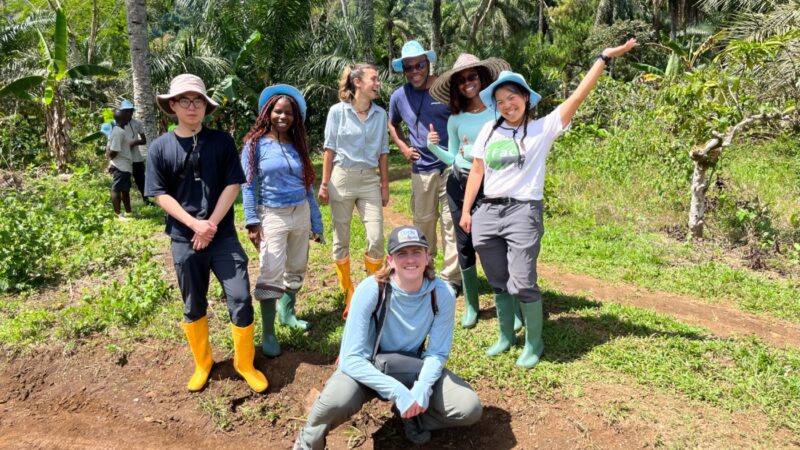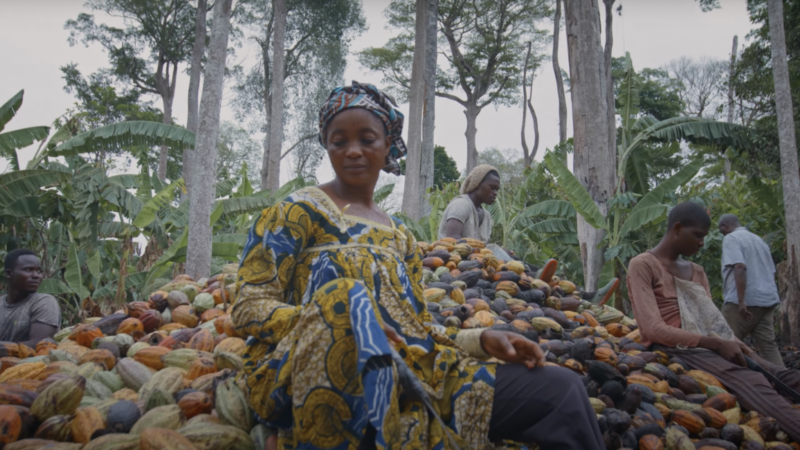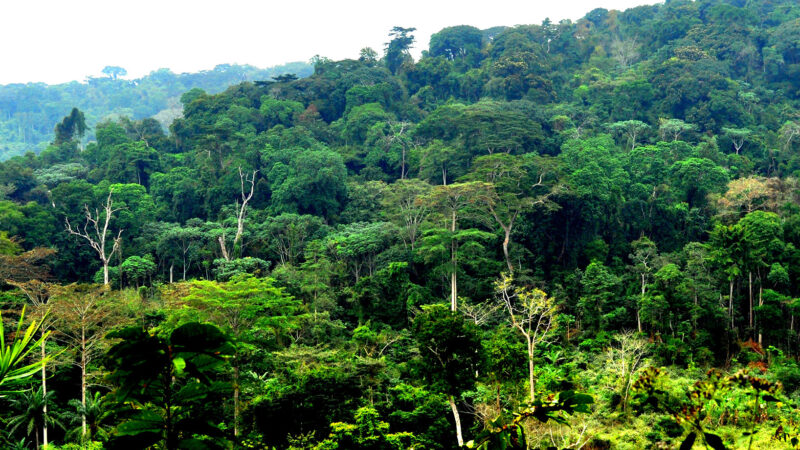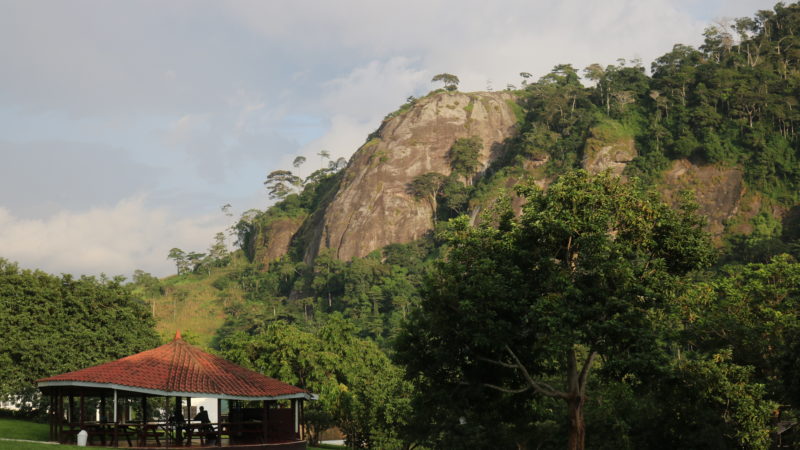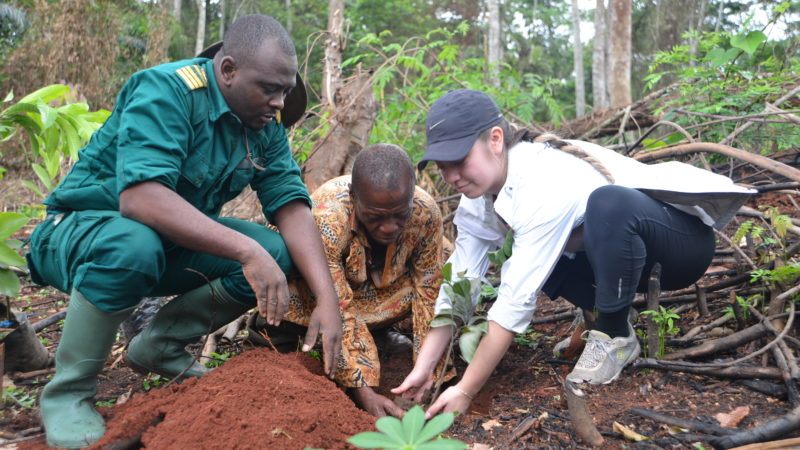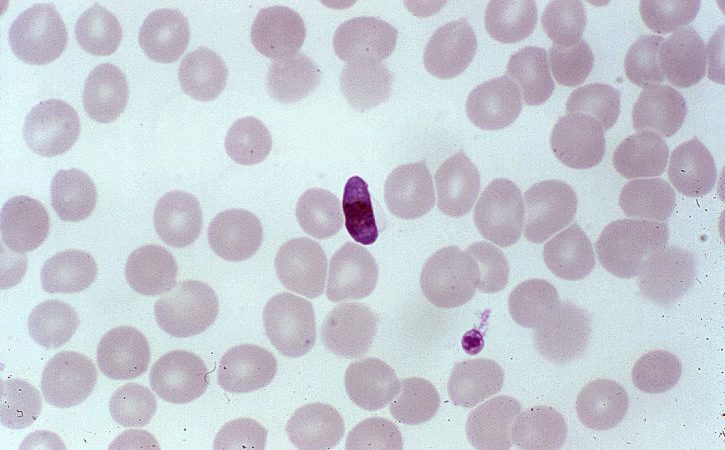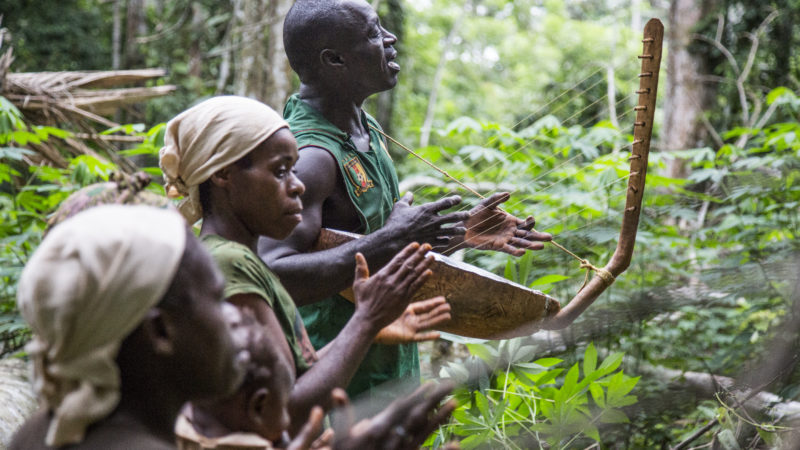
Kevin Njabo
Africa Director and Associate Adjunct Professor
Center for Tropical Research
UCLA Institute of the Environment and Sustainability
La Kretz Hall, Suite 300
Box 951456
Los Angeles, CA 90095-1496
(310) 267-5132
kynjabo@ucla.edu
Research Interests
My main objective as a conservation biologist is to work for more sustainable and equitable global development. While environmental change and extinction of species are natural processes, human activities are also threatening all things wild, both plants and animals. We are the only species capable of consciously modifying our behavior and environment. As caretakers of the planet, it is our responsibility to respect and manage the Earth’s natural resources, including human population itself. My broad areas of expertise include, Education, Ecology and Evolution, Environmental Health Sciences, Research and Development, Leadership, and E-Learning. I am also involved in training and mentorship of graduate students and postdoctoral fellows. One recent related area of research is assessing Africa’s responses to the COVID-19 Pandemic. This pandemic found Sub-Saharan Africa countries generally ill-prepared to contain the virus or to deal with its economic fallout, due to certain features including poverty, weak capacity of the health-care systems to contain the spread of infection, handle emergencies and provide care for the sick. These features have shaped not only the type and effectiveness of responses to the pandemic but also their impacts on lives and livelihoods in the region. Understanding the relationships between epidemiological risk factors, access to healthcare resources, and COVID-19 cases could aid decision-making among national policymakers and inform further research.
My research also investigates the influence of mosquito vectors on the evolution and ecology of avian malaria parasites and attempts to show that human-induced habitat alteration could impact on feeding preferences of these vector mosquitoes. This research is both extremely important and timely, not only in terms of these vector species, but also in the wider context for the number one killer disease of the African continent. This research is expected to highlight the critical role of biodiversity and host community ecology in the transmission of vector-borne zoonotic diseases that in turn has important consequences for human health.

